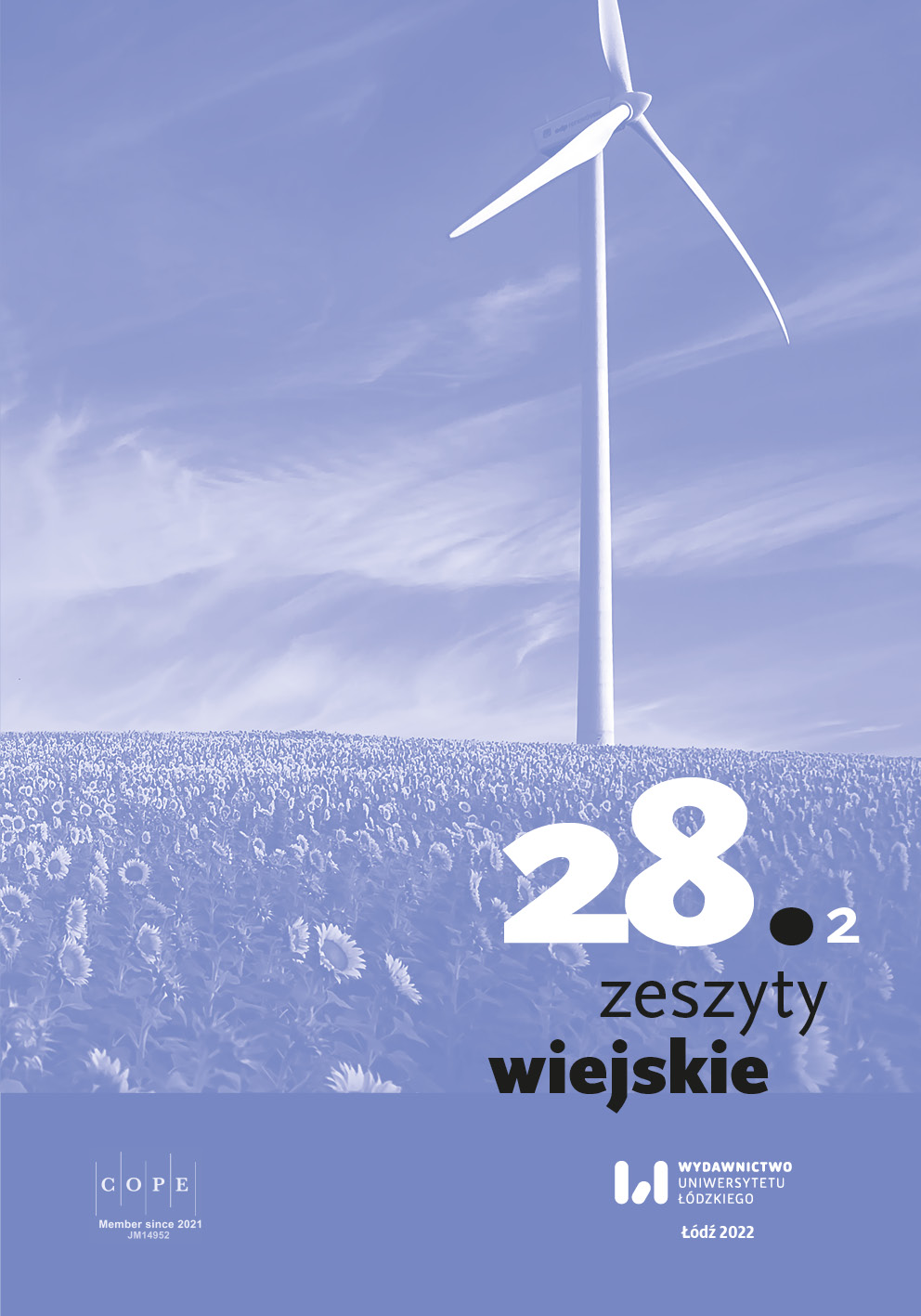Mit Gai: diachronia aspektu kulturowego
Gaia’s myth: culturological aspect in its diachrony
Author(s): Semen AbramowyczSubject(s): Language and Literature Studies, Studies of Literature, Cultural Anthropology / Ethnology
Published by: Wydawnictwo Uniwersytetu Łódzkiego
Keywords: Gaia myth; paganism; Christianity; secularization; Prometheanism; culturology; diachrony
Summary/Abstract: The author of the article argues that archaic myths about Mother Earth do not die in our subconscious, especially the Greek myth of Gaia, who gave birth to everything up to heaven, the ocean and gods; it is later transformed into a materialist view of being. These myths are full of both admiration for the life-giving power of the Earth and fear of its mysterious depths, which were identified with the realm of the dead. The earth gave birth to and devoured its children, which was embodied in the images of the gods who died and rose again; it symbolized eternal natural cycles, and the figures of dii minoris were the embodiment of the mysterious generosity and hostility of the Earth. With the change from paganism to Christianity, all matter began to be understood as a temporary Creation of the transcendent God, capable of rebelling against the Creator under the influence of the devil. This desecrated nature and stimulated the desire to conquer it and develop positive knowledge. The secularized culture of the New Age has created the myth of a titan man designed to make the world a better place. The myth of Gaia is syncretized with the Promethean myth, transforming into utopian concepts and postulates of secular religions; all this is imbued with the idea of “renewing the world”. Accordingly, in the literature and art of Modernity grows the heroization of “Prometheanism” and the functional role of the image of the earth and nature in general, which is beginning to be seen as a kind of relative criterion of truth and as a human environment that it improves. With the strengthening of the positions of utilitarian scientific and engineering thought and the parallel depletion of natural resources, as well as with the global humanitarian catastrophes of the twentieth century, the myth of Man as the Ruler of the Earth degrades. The dream of renewing the world turned into a pathological fear of the rebellious reality and the struggle against it by all means, mainly deception and violence. Instead of the expected Titan Man, Messianic missions are increasingly being pursued by lowly and immoral mentally ill people, in whom the “insurgent masses” demoralized by propaganda naively see the embodiment of their own notion of world domination, greatness and vocation. The situation is represented by the figure of Putin, an ordinary, uneducated and complex man who is obsessed with territories that he turns into lifeless deserts. Fragments of this mythology are used in geopolitical information wars: mythologems such as the “unclean West” are galvanized; “Big” and “small” lies, fakes are already perceived as the norm, and all this indicates a global systemic crisis of culture as a whole.
Journal: Zeszyty Wiejskie
- Issue Year: 2/2022
- Issue No: 28
- Page Range: 7-34
- Page Count: 28
- Language: Polish

